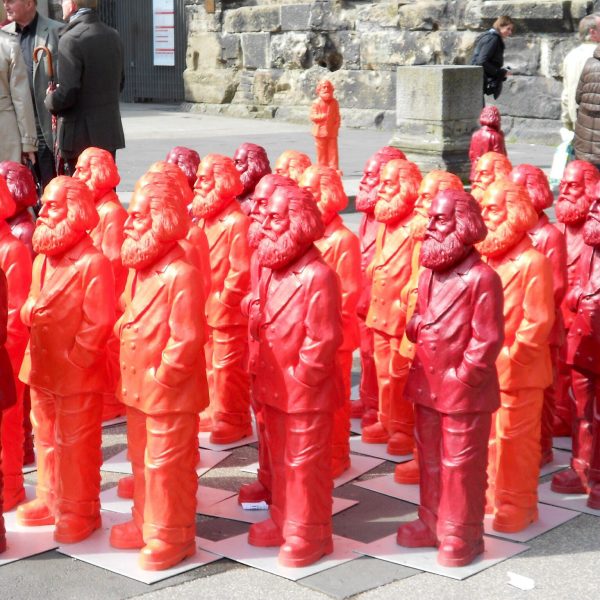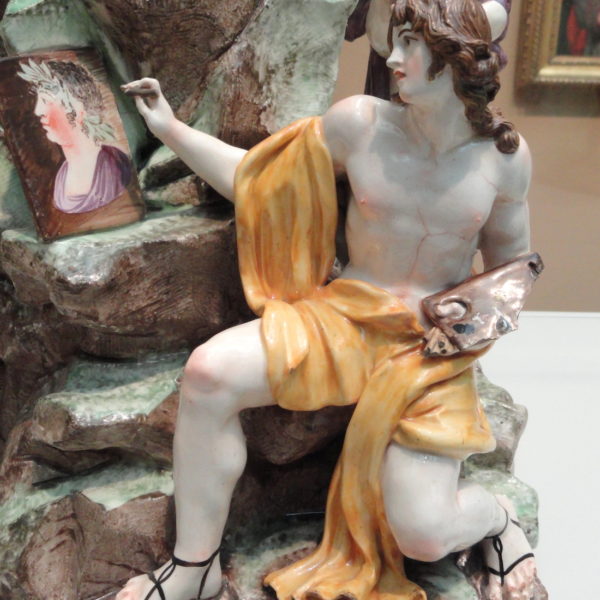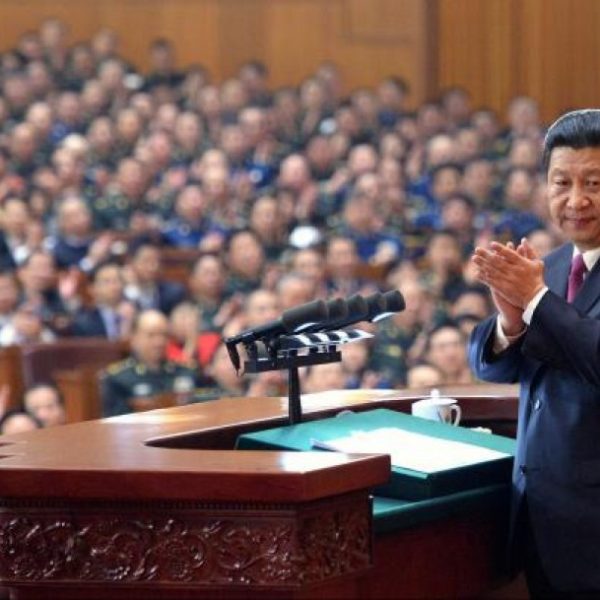…Stalin is unique among world communist leaders in at least one respect: he studied theology for five years at the Tiflis Spiritual Seminary, the training college for priests in the Russian Orthodox Church. He did so during a deeply formative time of his life, from the age of 15 to the verge of his 20th birthday (1894-1899). One of the best students, he was known for his intellect and phenomenal memory.
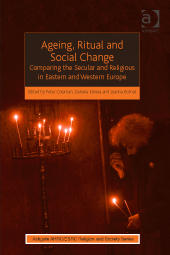
Our book connects the subject of ageing with that of religion in contemporary European society. This might seem a natural association to make but in fact is largely missing in current research in both gerontology and religious studies. . . . The study of ageing in its turn has also given limited attention to the role of religious faith and practice, as well as to secular alternatives to religion, in providing existential meaning to older people’s lives.
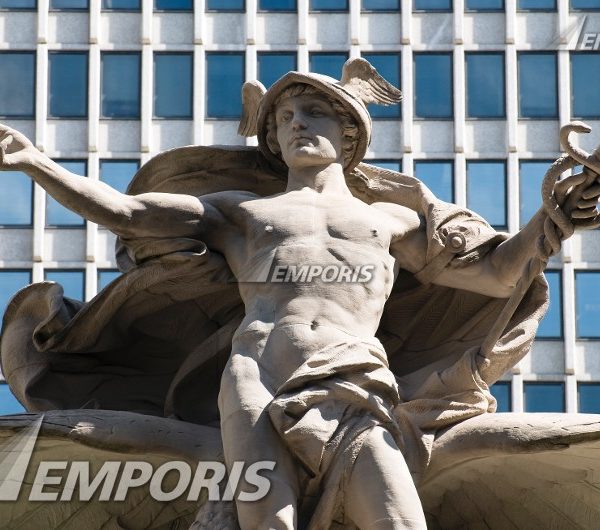
Mikhail Rostovtzeff is barely remembered in our time. Yet the paradox he embodied – a staunch anti-communist who championed economic analysis of classical Greece and Rome – is worth reconsideration. To his great credit, Rostovtzeff set out to shift the focus of ancient historiography on politics and military matters to economic concerns. Classically trained, a man of prodigious learning and without fear of grand narratives, Rostovtzeff boldly reconstructed the economies of ancient Greece and Rome in terms familiar from capitalism, that is, in terms of neoclassical economic theory.
